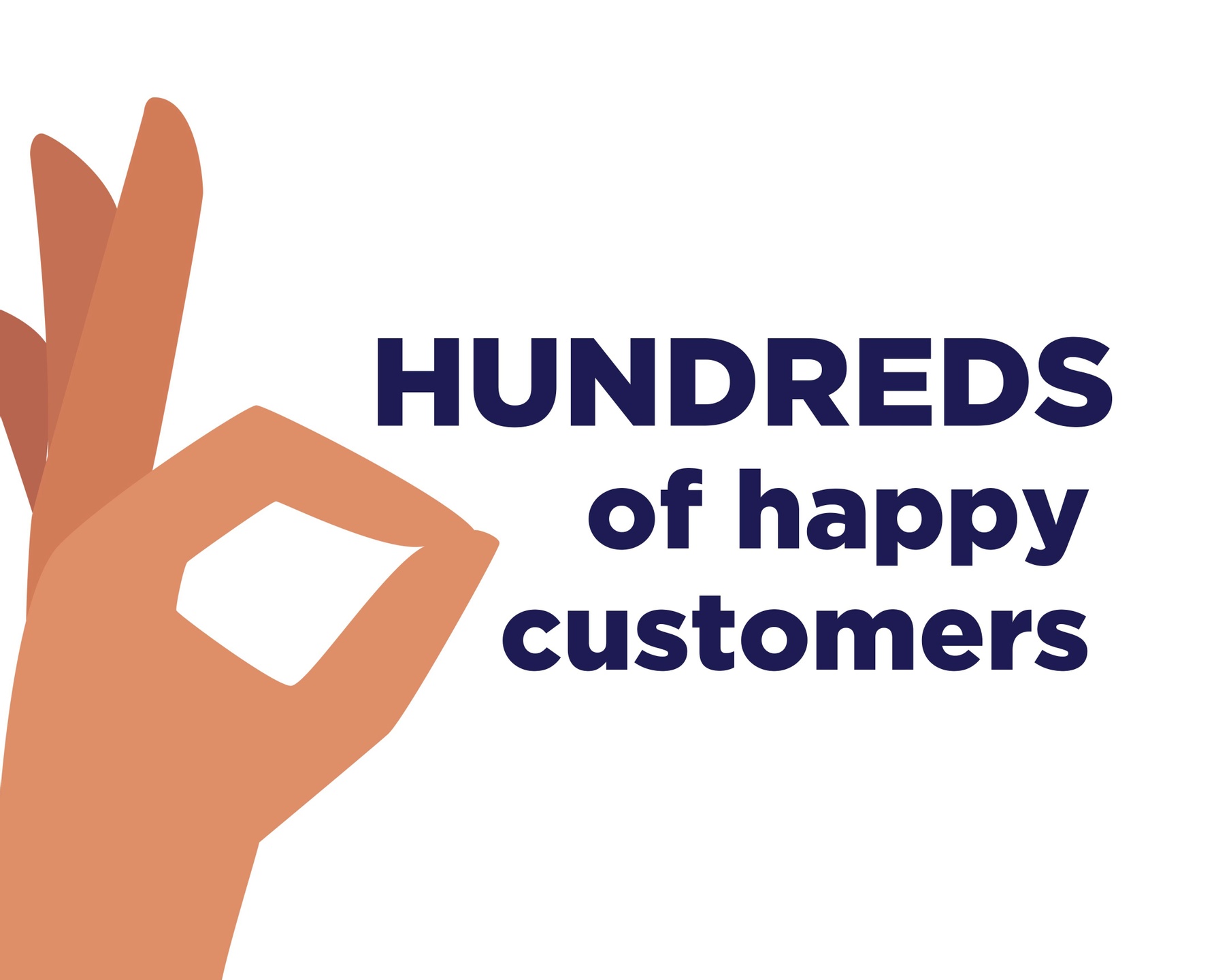Emotional Intelligence Assessment
Find out how developed your EQ scores are in the 5 skills that make up Emotional Intelligence
Why assess emotional intelligence?
Some people are really good at reading other people. They know what to say to make people feel better. To inspire others. And they know how to manage tricky situations well. To some, this comes naturally, but for those that just don't seem to have the knack - there's a secret weapon that can help you get it and it's called emotional intelligence. The first step in building emotional intelligence is assessing it in the first place to find out where you're at and what kind of skills you need to work on to become more emotionally intelligent.
What is an emotional intelligence assessment?
An emotional intelligence assessment is a short test that you can access and complete online. It is essentially a measure of your ability in five key areas. A lot of research has gone into how our emotions drive us so that we no longer need to be ruled by them. Since our emotions drive our responses to situations, an emotional intelligence test can give us a baseline from which we can begin to develop our ability to create conflict or mitigate it. Emotional intelligence is a set of five skills used to solve behavioral and relational problems. Goleman's categories that are tested in an assessment are self-awareness, self-management, motivation, social awareness, and relationship management. Self-awareness is about the ability to accurately identify your emotions, understand why you react to certain triggers, and recognize how you impact others. Self-management is about the ability to regulate stress and express emotions appropriately. Motivation has to do with our ability to take action when we don't feel like it. Social awareness is about understanding others' emotions and reactions in a supportive way. Relationship management is about navigating communication respectfully and tactfully when providing feedback. It's also about managing interpersonal conflict.
What's involved in an emotional intelligence assessment?
Our emotional intelligence questionnaire consists of multiple statements that are designed to assess your emotional intelligence skills. You will be asked to rate how strongly you agree with key statements such as ' I lose my temper when I feel frustrated' or 'People have told me I'm a good listener'.
After the test is completed, you get a report on emotional competencies that centers on the five skills of emotional intelligence on a scale of 0-100. EQ scores on the report indicate how you respond in specific situations such as stressful or frustrating situations, failures or disappointing situations, chaotic leadership scenarios, how you handle other peoples' emotions, and even how you handle diversity and cultural situations.
Download a Free Sample Now

How you can improve your emotional intelligence?
You can exercise greater control over your emotions and avoid conflict by applying the insight from your emotional intelligence assessment. We will work with you to recommend that you focus on developing one of the five areas of emotional intelligence. Look at the feedback and ask yourself, "what could I do differently?" Write it down and tell someone about it. Schedule ongoing check-ins with that person to discuss your progress. When you start to receive feedback that you have improved in that area, you can choose the next area and go through the same process.
Download a Free Sample NowWhat are the benefits of emotional intelligence?
There are many benefits of professionals improving their emotional intelligence.
The higher your emotional intelligence the better you are able to work on a team. First, being emotionally intelligent correlates to effective communication. You're generally better at listening to other people as well as sharing ideas without taking control or dominating the conversation. Higher emotional intelligence is also related to greater trust and feeling secure among co-workers.
In addition, when staff respect and listen to each other it builds a positive workplace. The team becomes stronger and the company culture becomes one that values self-management social awareness and emotional health.
Having higher emotional intelligence also makes you more resilient and better able to adapt to change which is an asset in any company, now more than ever. Emotional intelligence helps navigate instability and encourages versatility and the ability to adapt to different circumstances.
If you're emotionally intelligent, you're self-aware and more easily take constructive criticism and feedback. It's difficult for managers to develop defensive employees. Emotional intelligence also helps in handling difficult situations and conflicts that inevitably occur in work teams. They have a better propensity to stay calm in the face of difficulties, exercise restraint, and resist emotional outbursts and meltdowns.
Download a Free Sample Now
See What Our Clients are Saying About Us

“The bottom line is that our team has become more effective because of the training received through Kutsko Consulting. We have depended on the team at Kutsko Consulting for every hire we’ve made since I became President and the culture of our whole organization is better because of it.”



